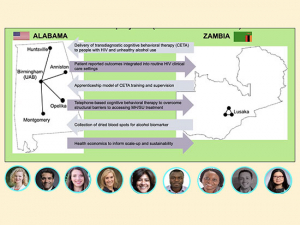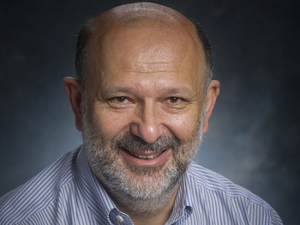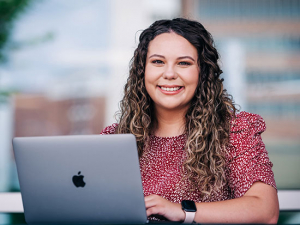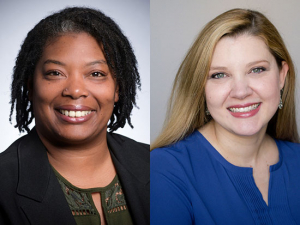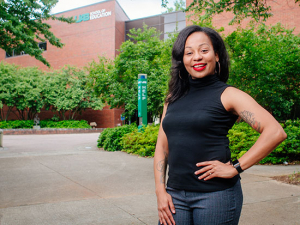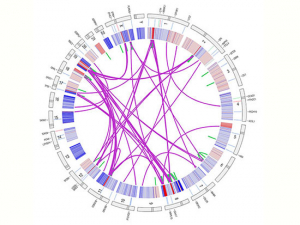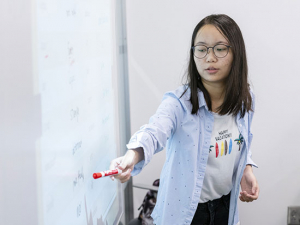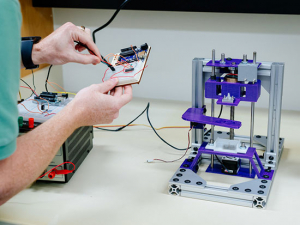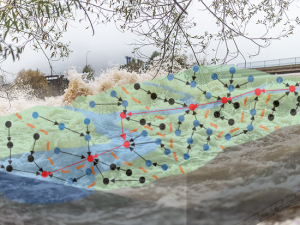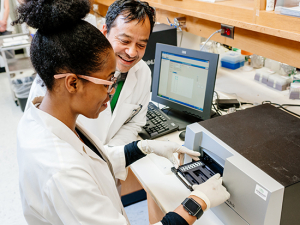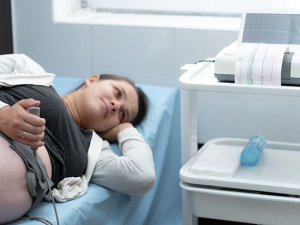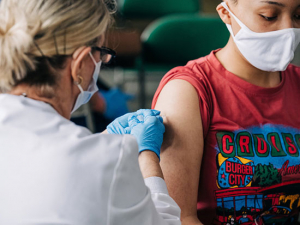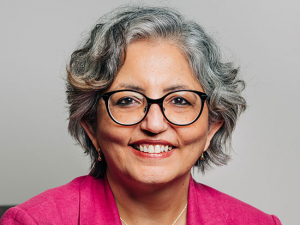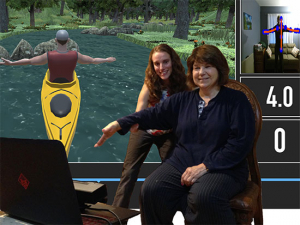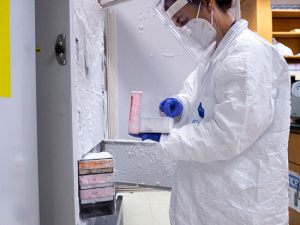
Matt Windsor
| This email address is being protected from spambots. You need JavaScript enabled to view it.ZAMBAMA grant leverages ‘reverse innovation’ to reduce unhealthy alcohol use and improve HIV outcomes
Parpura's pioneering work on misunderstood brain cells honored in journal special issue
Discoveries about neurotransmission in neuroglia were “heresy” at the time, but the work of UAB neurobiologist Vladimir Parpura, M.D., Ph.D., has inspired new approaches to treating brain disease — and an honorary issue of the journal Neurochemical Research.
UAB cross-disciplinary efforts to shape cybercrime-fighting workforce earn NSF grant renewal
Faculty who took part in the 12-week summer course, made possible by UAB’s National Center for Faculty Development and Diversity membership, explain why the program is so successful at boosting productivity and healthy balance.
Helping teachers see the beauty in Black language
1850s horror Twitter, recursive propaganda, mapping mutations: Faculty grants seed new projects and nurture careers
Hackathon yields AI-inspired ideas to fight cancer
Ask yourself these 5 questions before choosing an ESL master's program
Students and faculty explain the life-changing lessons they have learned in UAB’s English as a Second Language graduate programs.
